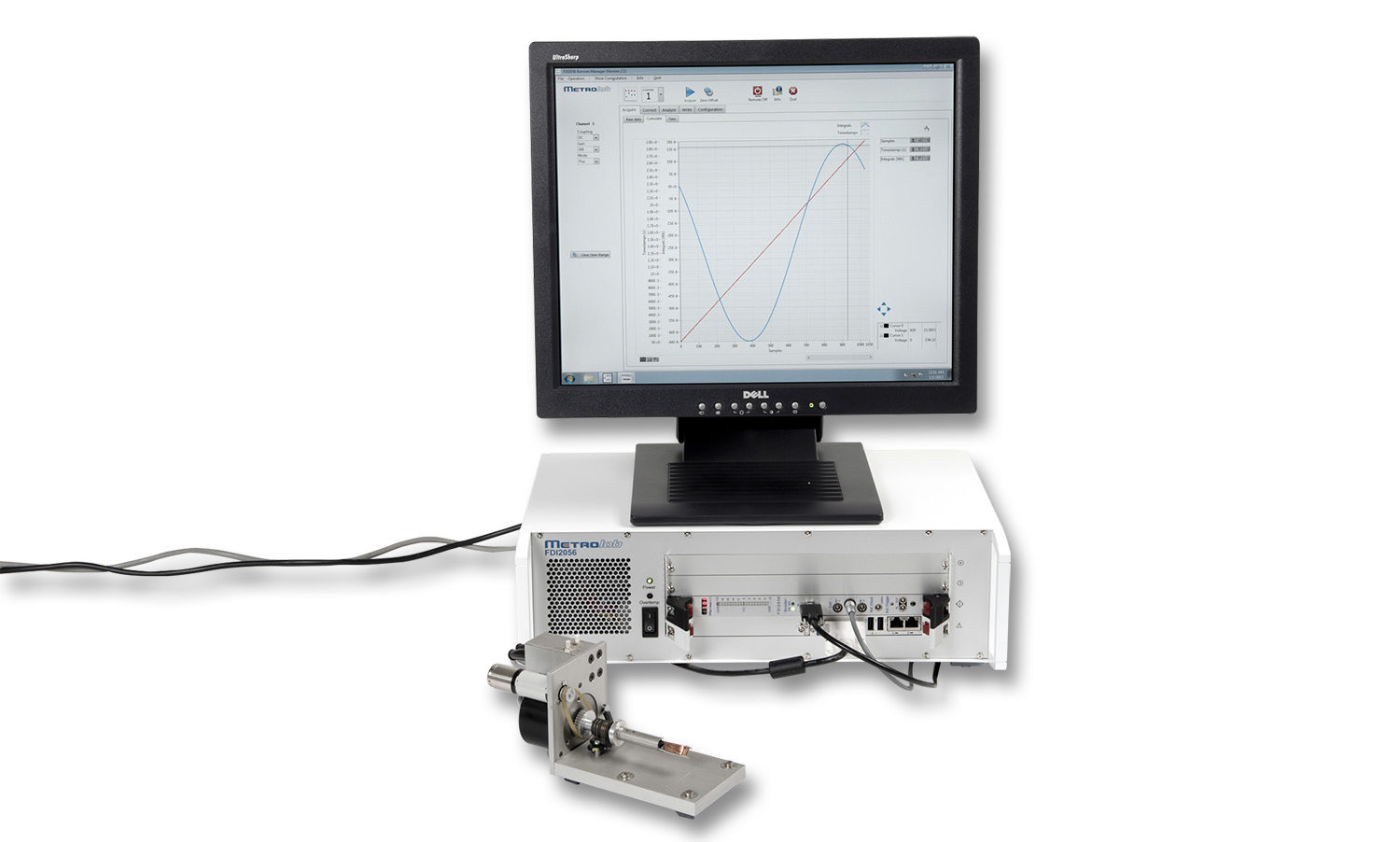NMR Precision Teslameter PT2026
NMR Magnetometers
Our precision NMR magnetometers are the ultimate instruments for calibration, real-time magnetic field control, and dipole mapping, while our digital integrators have become a benchmark for more complex magnetic mapping tasks.
For four decades, accelerator operators and particle physicists have relied on our equipment to stay operational.


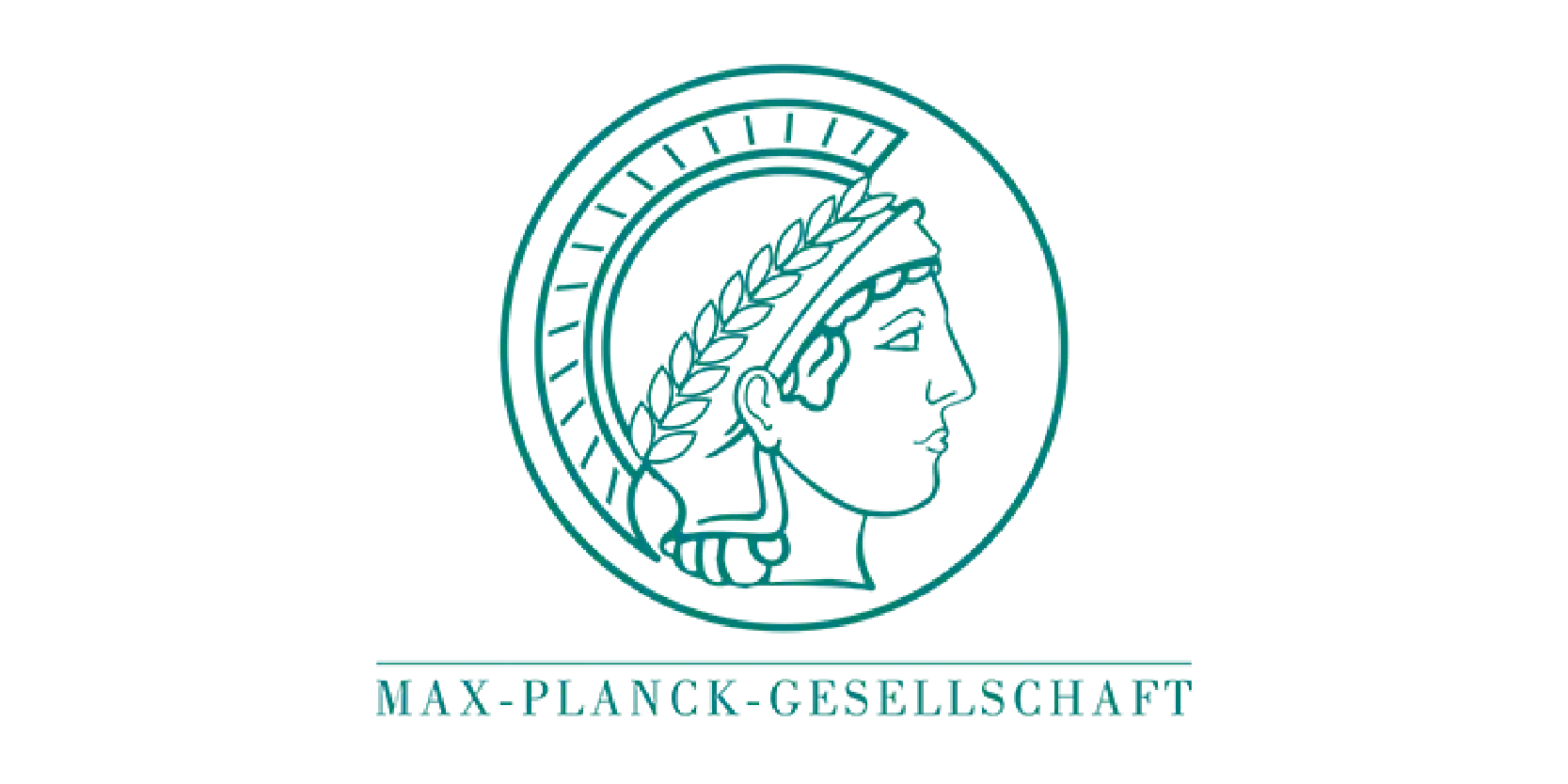

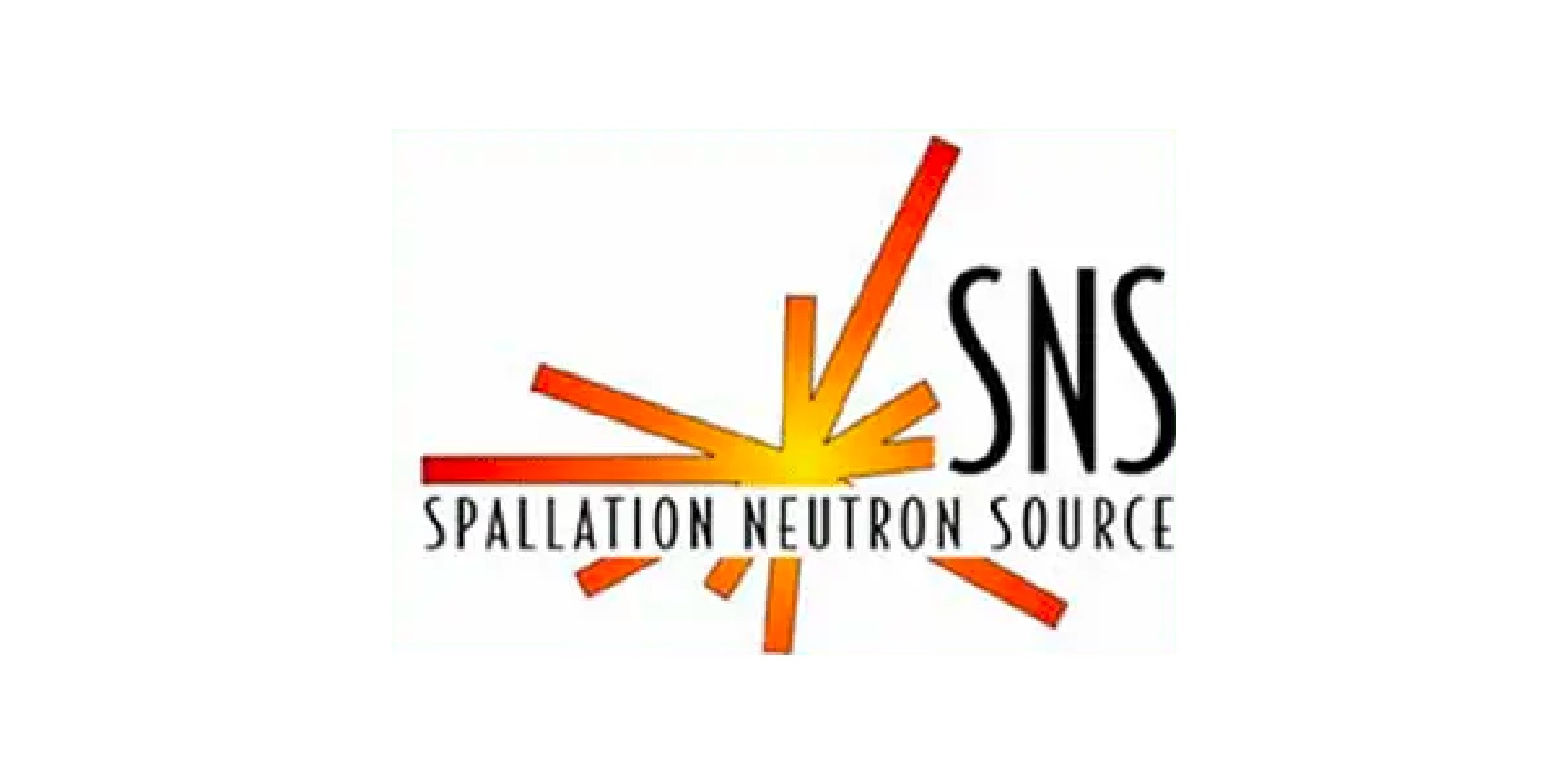
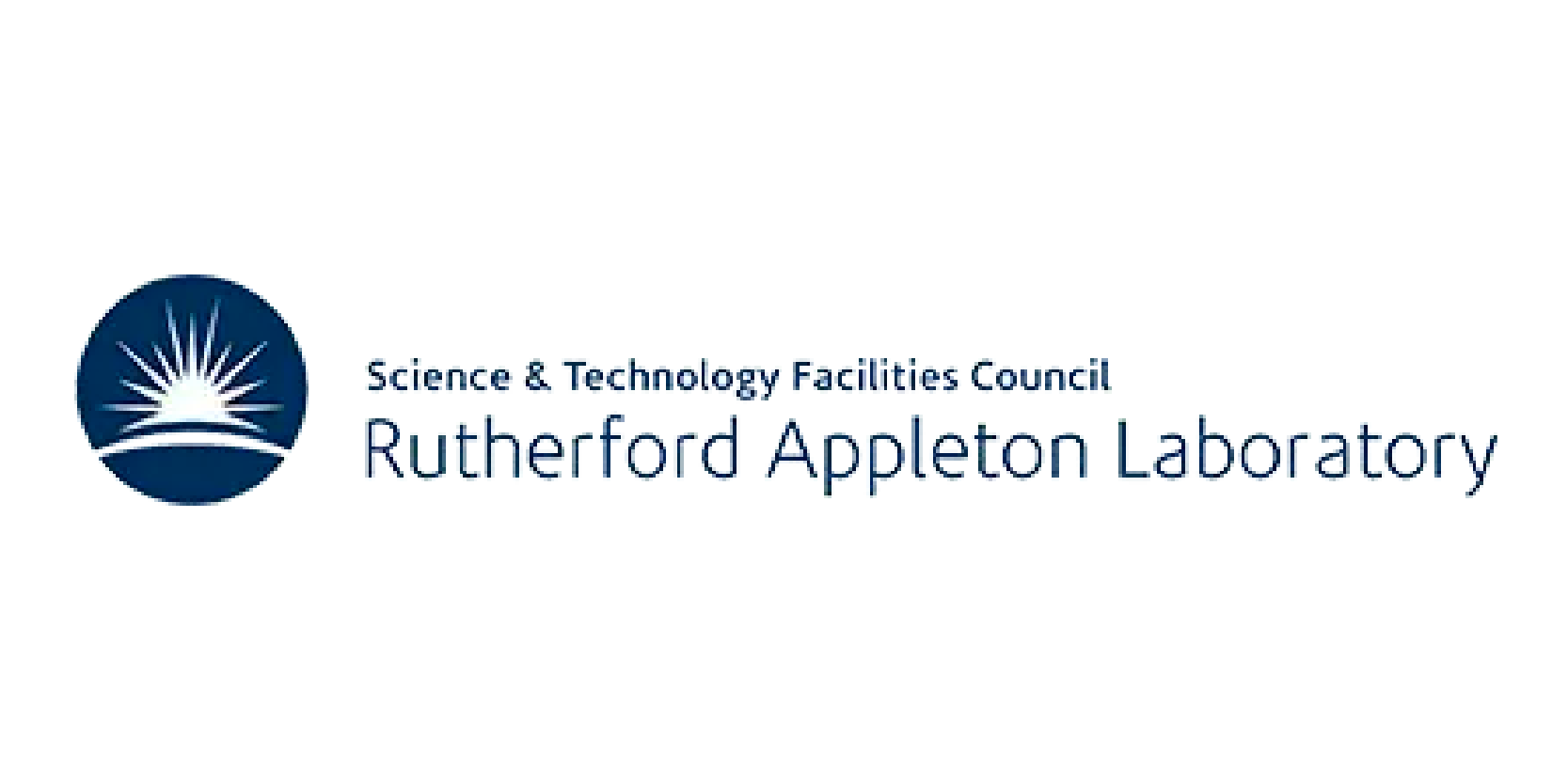

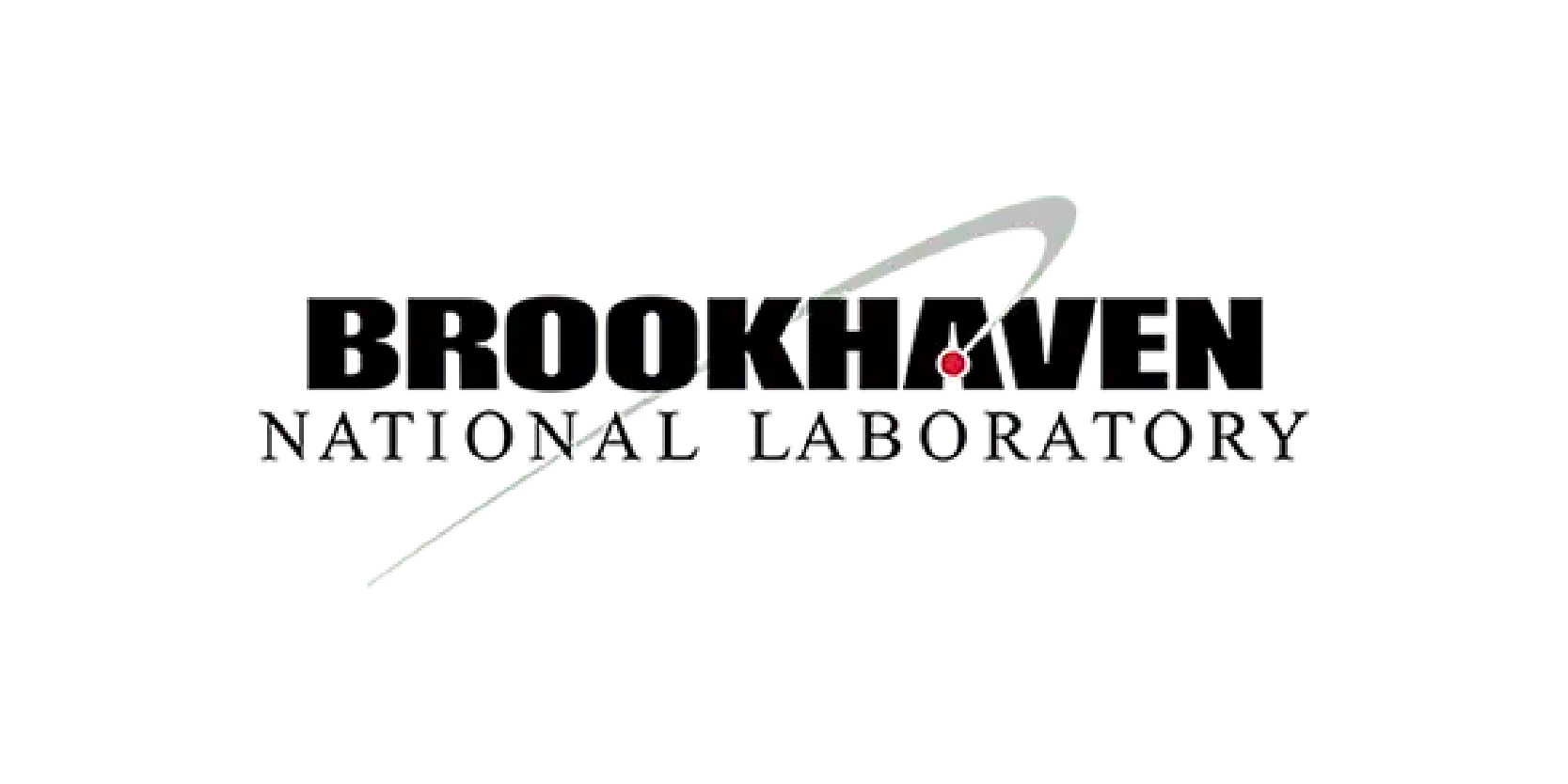


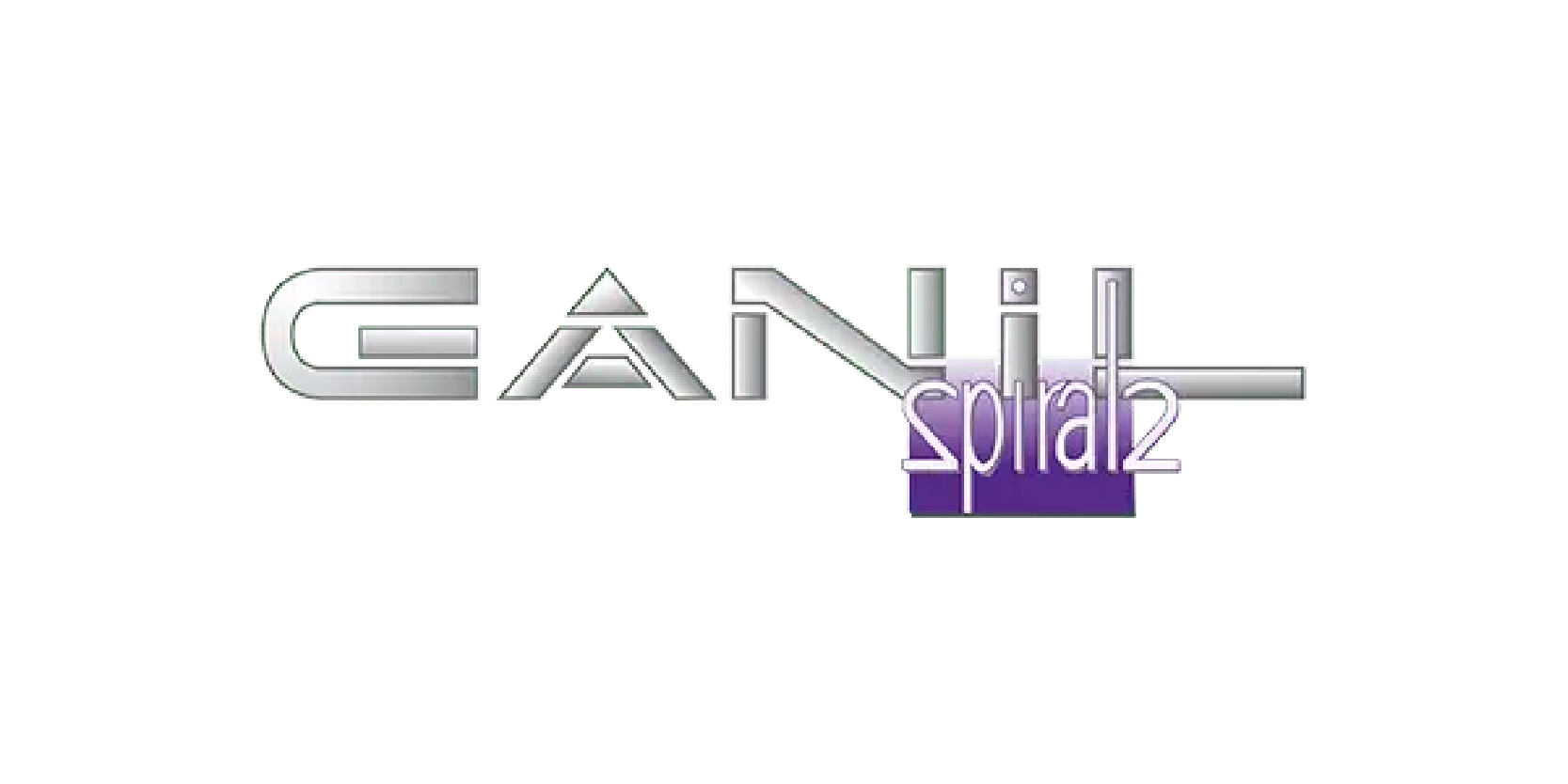

Metrolab’s NMR magnetometers boast an absolute precision of 1 part per million (ppm), measurement resolution below 10 parts per billion (ppb), and drift of less than 5 ppb per day. Standard and robust protonic probes measure up to over twenty Tesla.
An extremely flexible architecture allows extending this range to lower and higher magnetic fields using, for example, deuterium samples. We can easily produce customized probes to meet your specific needs.
The operation of an accelerator relies on the ultra-precise control of hundreds of magnets. Although each magnet constitutes an individual failure point, ensuring uninterrupted operation 24/7 for months, often with a lifespan of several decades, is essential. The fact that accelerators worldwide manage to achieve this is a tribute to human ingenuity – and good magnetometers!
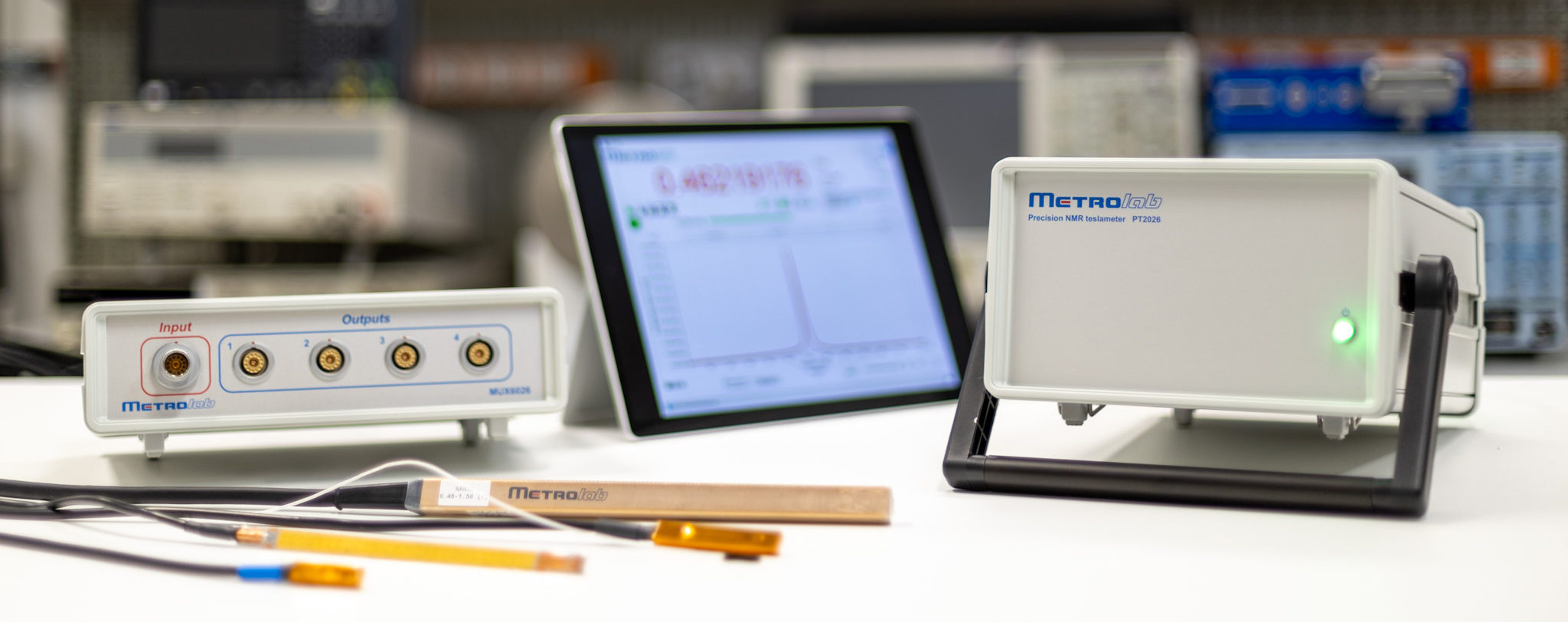
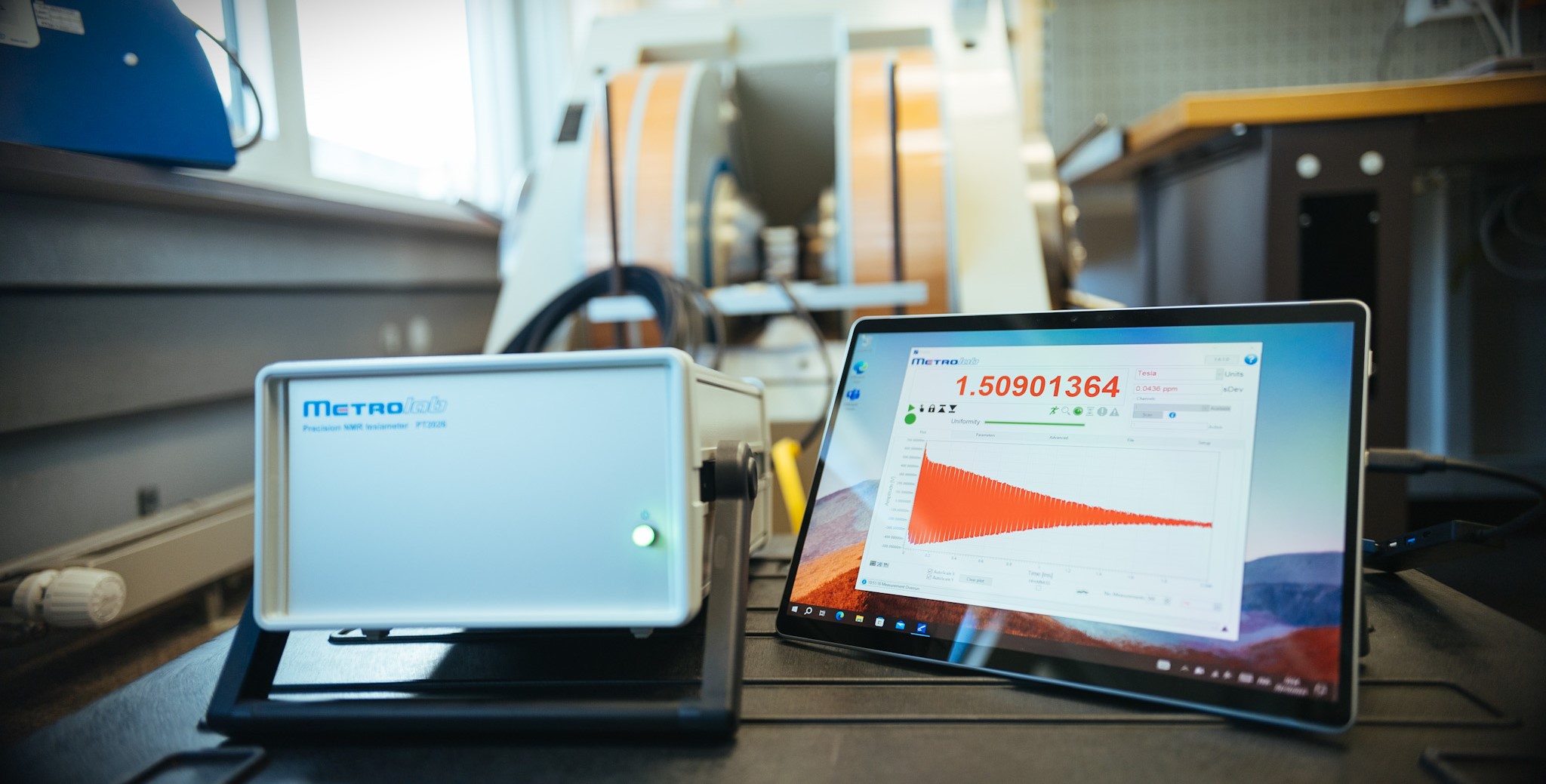
Metrolab is the only provider offering a complete range of industrial-grade, high-precision magnetometers in the extremely demanding environment of particle accelerators.
Our precision NMR magnetometers are the ultimate instruments for calibration, real-time magnetic field control, and dipole mapping; while our digital integrators have become a benchmark for more complex magnetic mapping tasks. For four decades, accelerator operators and particle physicists have relied on our equipment to stay operational.
Multipolar magnets generate complex magnetic fields and are used to guide the trajectory of charged particles through the accelerator. By precisely mapping their fields, engineers can identify distortions and non-uniformities that could disrupt the particle beam, leading to trajectory errors or energy losses. A deep understanding of these magnets also allows for optimizing accelerator design, thus improving its efficiency and reliability.
